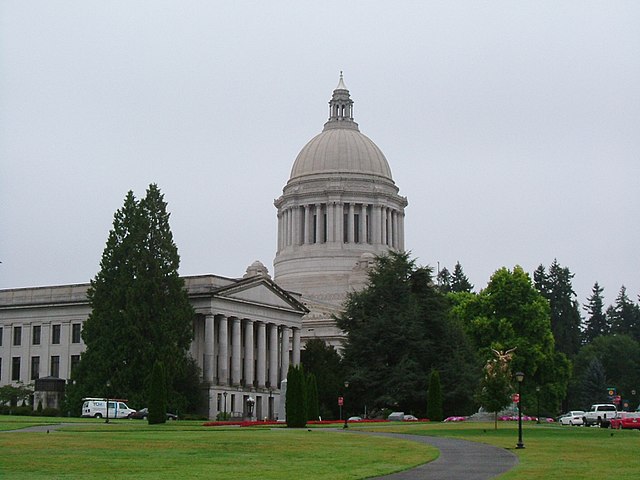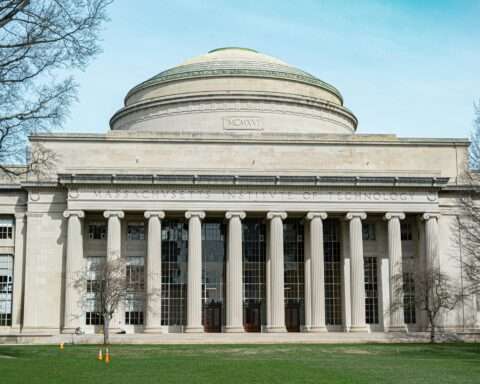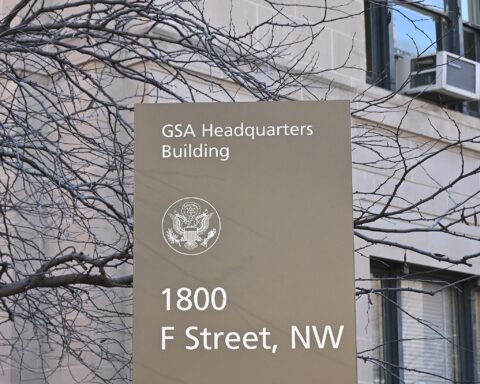The Washington state legislature has passed a comprehensive budget for fiscal years (FY) 2025-27, narrowly avoiding the end of the legislative session.
The new biennial budget, approved just hours before the deadline, will inject $77.8 billion into Washington’s economy, addressing some of the state’s most pressing concerns and emerging needs. While the budget imposes new taxes on residents and businesses, the state’s new budget seeks to maintain financial responsibility and essential services with new investments in health care, education and housing.
Among the $8.7 billion in raises, the state will increase sales taxes on some digital products, introduce a new tax on nicotine and heighten the business and occupation tax base rate for manufacturers. In conjunction with a 6-cent gas tax approved earlier in the year, the increases are expected to offset an anticipated $15 billion budgetary shortfall over the next four years.
One of the largest priorities under Washington’s new budget is health care, which includes an emphasis on behavioral health, emergency services and medical assistance. The budget appropriates approximately $31 billion to the State Health Care Authority over the next two fiscal years.
In this time, the State Health Care Authority will earmark $785 million from the general fund to the Medicaid Quality Improvement Program, more than $292 million for long-term support services and more than $190 million for supported housing and employment services.
The state Department of Social and Health Services will have access to more than $1.6 billion in funds over the next two fiscal years. Primarily directed to the general fund, the budget denotes $158 million for the operations of the Maple Lane campus, $119 million to operate the Olympic Heritage Behavioral Health Facility and nearly $162 million for an acuity-based staffing tool at Western State Hospital and Eastern State Hospital.
Another key component of the budget is an increase in spending for education, K-12 programs and initiatives that assist students in special education.
The Department of Children, Youth and Families is set to receive more than $3.1 billion as part of the budget’s Early Learning Program appropriation.
The budget will support special education programs that improve access to special education services through more than $5.3 billion in appropriations for the Superintendent of Public Instruction. Over $440 million of this funding will be administered as safety net awards for schools in need of special education funding.
In an effort to improve accessible housing options, the new budget will allocate $1.24 billion to the Department of Commerce’s Housing Office for several affordable housing and homeless intervention initiatives. A significant portion of this funding will be dedicated to either the state’s general fund, Affordable Housing for All account or the Apple Health and Homes account.
In FY26, the budget features a range of contributions for housing, homeless and youth support programs, including $45 million for a targeted grant program to transition homeless individuals out of encampments, $55 million for emergency housing grants and $68.5 million for the essential needs and housing support program.
Washington’s legislature will present the approved budget to Gov. Bob Ferguson’s desk for final approval. The governor is expected to sign or veto the legislation before the deadline on May 17.
Photo Courtesy
Robert Ashworth via Wikimedia Commons













